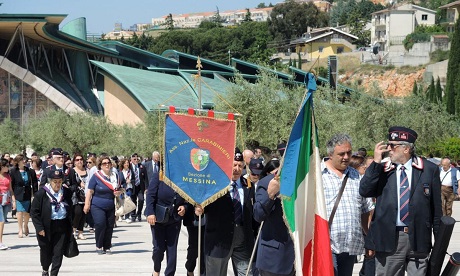A guide to fighting abuse in lay movements has been ordered by the Vatican.
If an organisation is led by a charismatic leader who is followed uncritically and commands or demands control over members, the members are at risk of cases of physical, sexual and psychological abuse, Father Hans Zollner SJ says.
The Vatican office that grants official recognition to international Catholic lay movements and organizations ordered them to develop a set of detailed child-protection guidelines and norms for handling allegations of the abuse of minors and vulnerable adults.
As international lay organizations include hundreds of thousands of Catholics, the guidelines are important, Zollner says.
By last December, “90-something percent [of the organisations had] sent in their guidelines,” Cardinal Kevin Farrell, prefect of the Dicastery for Laity, the Family and Life, says.
The Dicastery has a juridical section led by a canon lawyer.
It is reviewing the guidelines from the organizations required to file them. The staff of the Pontifical Commission for the Protection of Minors is helping with the process.
So far, several large international Catholic groups have published their Vatican-approved guidelines online.
These include Communion and Liberation, Focolare and Chemin Neuf.
The guidelines promise safe-environment training for members, contain detailed rules for activities with minors and clearly outline the responsibility of a person who is told about or suspects a case of abuse.
In most cases, this includes reporting allegations to local police.
Victims always are also free to report allegations to their local police and local bishops, Farrell said.
Members of one of the groups who want to work in a parish or diocesan programme must also meet local requirements for safeguarding training and background checks.
All laity-heavy Catholic movements and organisations that want official recognition as “international associations of the faithful” will have to include safeguarding and reporting guidelines when they apply for Vatican recognition, Farrell said.
In recent years – under Pope Benedict XVI and Pope Francis, several small, newer communities — both religious orders and mixed groups of lay and religious — have been disbanded or placed under Vatican-mandated outside control because of sexual, physical or psychological abuse of members.
Farrell said in retrospect many of these groups “were approved at too young an age”. They lacked maturity, experience in governance and oversight.
Today, for both lay and religious communities, the Vatican would “examine much more carefully the constitutions and the bylaws,” he said.
In addition, “they would have to have all these policies in place” for preventing abuse.
Source
